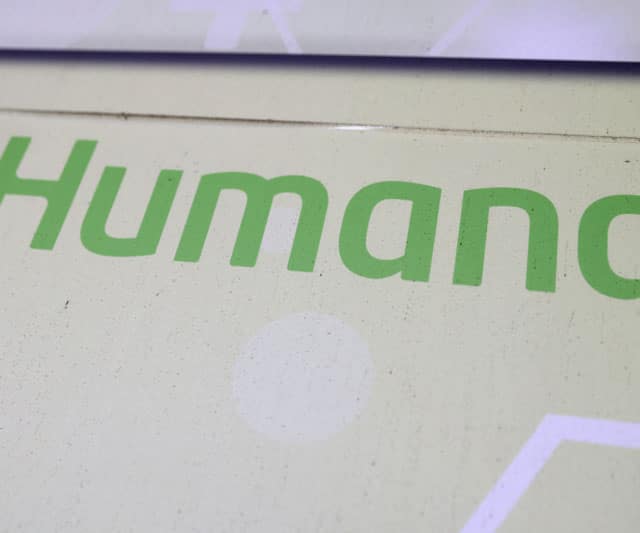Major U.S. health insurer Cigna is in merger talks with Humana, a source familiar with the matter said on Wednesday, Nov. 29, a deal that would give Cigna a much greater foothold in the fast-growing market for managing federal Medicare plans for older Americans.
The companies are discussing a stock-and-cash deal that could be finalized by the end of the year, according to the source, without providing details on the deal value.
A Humana and Cigna combination would give the merged company the scale to rival UnitedHealth Group and CVS Health.
Cigna has a large pharmacy benefit unit, Express Scripts, which manages prescription drug plans, and strength in commercial insurance. It would be joined with Humana’s No. 2 position in the fast-growing market for Medicare Advantage plans under which private insurers are paid a set rate to manage healthcare for people age 65 and older or with disabilities.
Humana, which has a market value of roughly $63 billion, declined to comment. Officials at Cigna, which has a market value nearly $84 billion, did not respond to requests for comment.
Cigna’s shares were down nearly 8%, while Humana’s stock was off by more than 4%. Acquiring Cigna would likely be expensive for Humana, even if it were to pay little to no premium, since Humana has a higher price-to-earnings ratio than Cigna, according to LSEG data.
Last consolidation
The health insurance industry’s last round of consolidation was triggered by the Affordable Care Act, the national healthcare reform law that was passed in 2010, and in 2014 created new individual insurance options and expanded government Medicaid coverage for lower-income people.
But the biggest deals fell apart after pushback from antitrust authorities.
In July 2016, the Justice Department filed lawsuits against two health insurance mergers on the same day, saying they would lead to less competition and higher prices for Americans. One was Anthem’s — now Elevance Health — planned purchase of Cigna. The second was Aetna’s proposed acquisition of Humana.
Both sets of companies fought the government and both lost. Cigna had tried to buy Humana before losing out to Aetna’s bid. Aetna was ultimately gobbled up by CVS Health.
Bill Baer, who was at the Justice Department when the 2016 lawsuits were filed, said that talk of Cigna and Humana merging was “surprising” given the government successfully stopped two big health insurance mergers just a few years ago.
Health insurers have been facing higher medical costs as people return for procedures they had put off during the pandemic. They are also feeling pressure on reimbursement from the U.S. government.
Humana in February said that it would sell its commercial business but keep its Medicare Advantage products. In November, Reuters reported that Cigna was exploring the sale of its Medicare Advantage business.
The Wall Street Journal first reported the talks earlier in the day, citing people familiar with the matter.
Overlapping businesses
If the companies were to divest overlapping businesses those issues would be taken off the table and reduce antitrust risk, said Andre Barlow of Doyle, Barlow and Mazard PLLC.
“It would be smart to do it even before announcing the deal,” he said.
Assuming Cigna does sell its Medicare Advantage business, Bernstein analyst Lance Wilkes said in a research report that antitrust authorities may look at the impact on pharmacies and suppliers of combining their pharmacy drug benefit management (PBM) businesses. Humana manages drug benefits for Medicare, while Cigna’s Express Scripts is one of the country’s biggest PBMs.
Craig Garthwaite, a healthcare economist at Northwestern University, said he expects antitrust authorities to challenge the merger, but that a sale of Cigna’s Medicare Advantage (MA) business would improve the deal’s prospects.
“If you are going to try to prepare to be a better match with Humana from a regulatory standpoint, them dropping MA would make it a lot easier,” he said.
This article was provided by Reuters.







